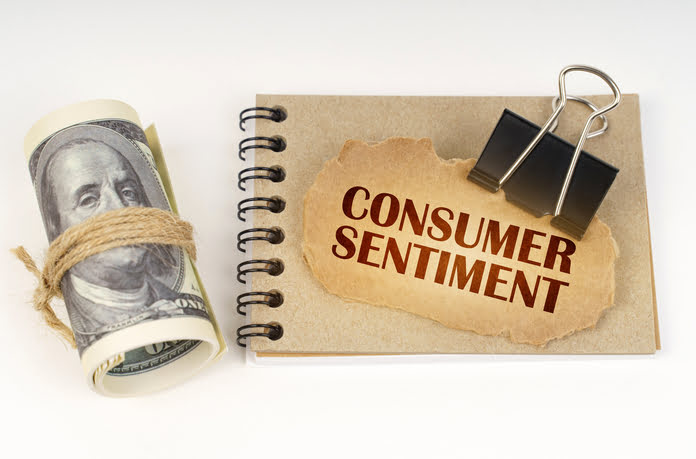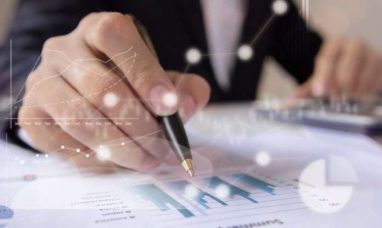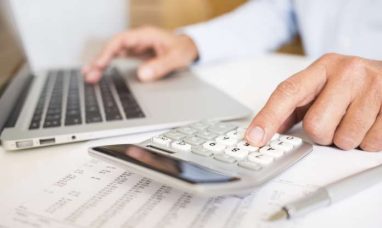Consumer sentiment has seen a modest uptick this month, reflecting a growing optimism about the economy as inflation eases and economic growth picks up speed.
The University of Michigan’s consumer sentiment index rose to 79.6 in February, up from 79 in January. This increase follows significant jumps in December and January, indicating a positive shift in how Americans view the economy after a period of uncertainty.
The ongoing trend in consumer sentiment could play a role in the upcoming presidential race, where President Joe Biden’s economic performance is expected to be a focal point.
Despite the recent improvements, consumer sentiment remains below its long-term average by 6%. The surge in inflation over the past year has led to higher prices for essential goods like groceries, rent, and gas, which has dampened consumer spirits.
Joanne Hsu, the director of the consumer survey, noted, “The fact that sentiment lost no ground this month suggests that consumers continue to feel more assured about the economy, confirming the considerable improvements in December and January.”
Consumer confidence is crucial as it often translates into increased spending, which can further boost economic growth. Despite low sentiment levels during the pandemic, consumer spending has remained resilient.
Lael Brainard, a key economic adviser in the White House, attributed the improved outlook to factors such as “the increase in real wages, wealth, business creation, and job opportunities” under Biden’s administration. She highlighted that consumer expectations for future business conditions have risen to levels not seen since December 2020.
Recent economic data has generally been positive, indicating ongoing economic growth, job creation, and a decrease in inflation. The economy expanded by 3.3% in the last quarter of 2023, surpassing economists’ expectations. Consumer prices also rose moderately, with a 2.6% increase in December compared to a year earlier, according to the Federal Reserve’s preferred inflation measure.
There is a noticeable partisan divide in how Democrats and Republicans perceive the economy, with Democrats consistently more optimistic. In February, sentiment among Democrats was 34 points higher than among Republicans.
However, the recent uptick in sentiment was driven by Republicans, with their confidence measure rising from 56.3 to 65. Independents saw a slight increase from 74.6 to 76.6, while Democrats experienced a slight decline from 101.7 to 98.4.
Other confidence measures also show a positive trend. A daily survey by Morning Consult has increased by 7% since the end of November. Additionally, the Conference Board’s quarterly CEO confidence index reached 53 in the first quarter of this year, the first time it has surpassed 50 in two years, indicating more CEOs are optimistic about the future than pessimistic.
Featured Image: Freepik















